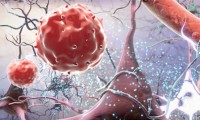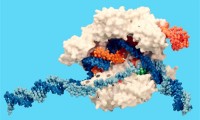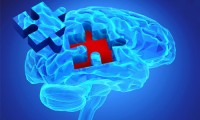-
Scholar Rock scoops $47M to trial SMA drug
- Source: fiercebiotech
- 494
- January 4, 2018
-
After disappointing 2016, new drug approvals roared back to life in 2017
- Source: fiercebiotech
- 623
- January 4, 2018
-
In boost to Abbott, spinal-cord implants emerge as alternative to pills
- Source: Crain's Chicago Business
- 562
- January 4, 2018
-
Scientists Unveil the First Portable Bionic Hand With a Sense of Touch
- Source: Futurism
- 434
- January 4, 2018
-
New understanding of why cancer cells move
- Source: medicalxpress
- 380
- December 28, 2017
-
Study explores impact of obesity on bone marrow cells
- Source: medicalxpress
- 517
- December 28, 2017
-
Using CRISPR to prevent hearing loss
- Source: fiercebiotech
- 431
- December 28, 2017
-
Researchers find potential path to repair multiple sclerosis-damaged nerves
- Source: medicalxpress
- 457
- December 27, 2017
-
Can’t Stop Gaming? The WHO May Soon Consider Video Game Addiction a Mental Disorder
- Source: Fortune
- 376
- December 27, 2017
your submission has already been received.
OK
Subscribe
Please enter a valid Email address!
Submit
The most relevant industry news & insight will be sent to you every two weeks.













